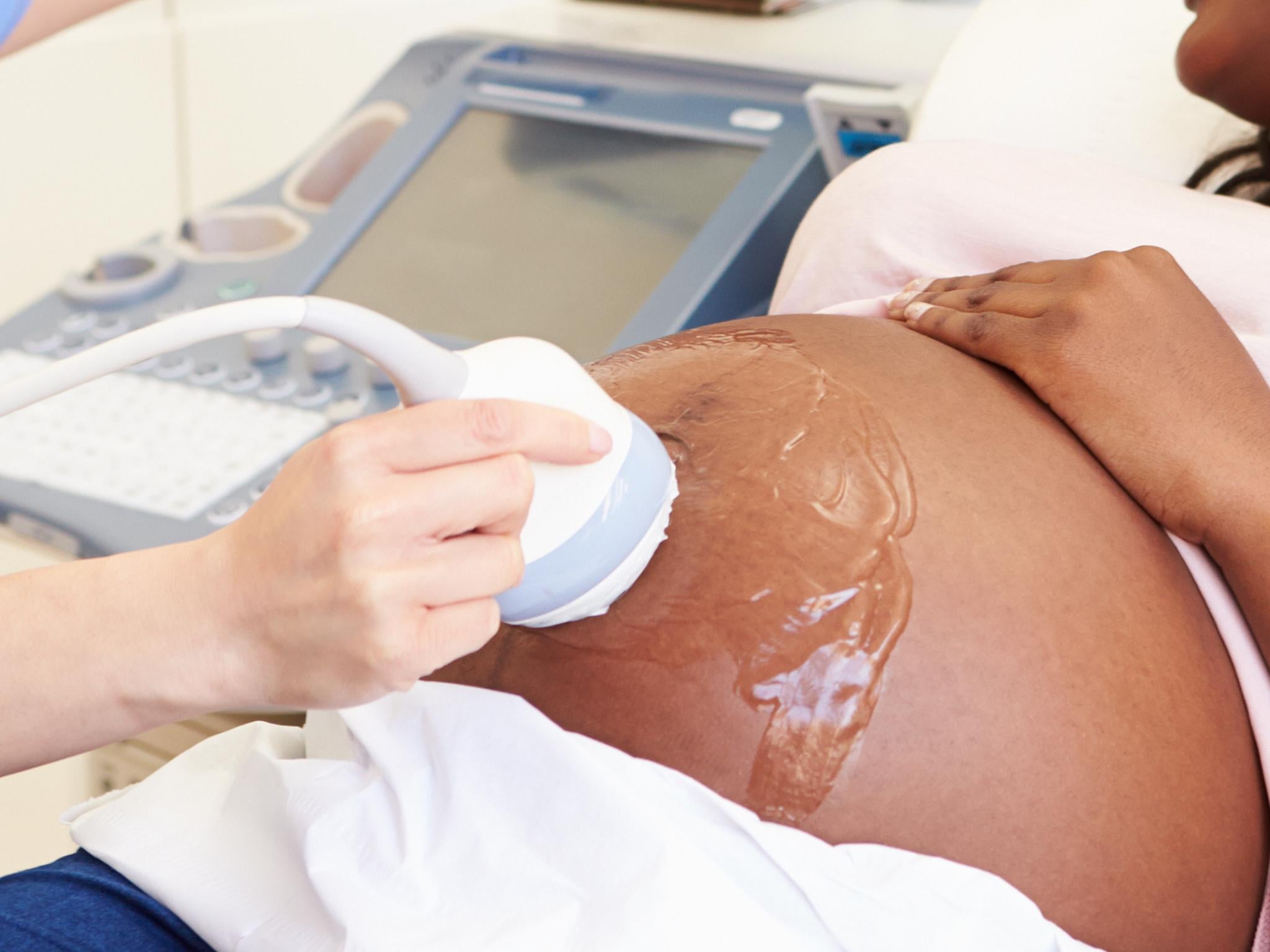Impact on child of stress during pregnancy may last a lifetime, study suggests
‘The effects of early life stress don’t just go away,’ says study’s author

Your support helps us to tell the story
From reproductive rights to climate change to Big Tech, The Independent is on the ground when the story is developing. Whether it's investigating the financials of Elon Musk's pro-Trump PAC or producing our latest documentary, 'The A Word', which shines a light on the American women fighting for reproductive rights, we know how important it is to parse out the facts from the messaging.
At such a critical moment in US history, we need reporters on the ground. Your donation allows us to keep sending journalists to speak to both sides of the story.
The Independent is trusted by Americans across the entire political spectrum. And unlike many other quality news outlets, we choose not to lock Americans out of our reporting and analysis with paywalls. We believe quality journalism should be available to everyone, paid for by those who can afford it.
Your support makes all the difference.Stress during pregnancy may inflict damage on a child that lasts a lifetime, a study suggests.
Researchers at Yale University found being exposed to the stress hormone while in the womb could permanently change many immune system reactions – reducing the body's capacity to keep bacterial infections at bay and fight tumours.
The study, published in the journal Cell, was conducted on mice, but its authors said their findings may help to explain why people vary so widely in their ability to ward off infections.
Ruslan Medzhitov, the senior author, said: “In all cultures, there are efforts to shelter women from stress during pregnancy. The effects of early life stress don’t just go away.”
Further studies could lead to the discovery of ways to reduce the molecular damage caused by stress, researchers said.
“We aren’t there yet," added Dr Medzhitov, an immunobiologist.
The study found mice that experience stress while they are in the womb and soon after they are born were likely to have immune system deficiencies during the course of their life which thwart the capacity to fend off infections and cancer.
Dr Medzhitov added: “Mice for rest of their lives are rewired and reprogrammed in ways fundamentally different from those not exposed to glucocorticoids”.
A recent study from King’s College London found the development of a baby’s brain could be adversely affected by a mother’s stress levels during pregnancy.
Researchers discovered babies whose mothers experienced more stress before giving birth could be born with an impaired part of the brain which has previously been linked to psychiatric disorders.
This came after a study in September last year found teenagers were twice as likely to be hyperactive if their mothers were anxious while they were pregnant.
Join our commenting forum
Join thought-provoking conversations, follow other Independent readers and see their replies
Comments